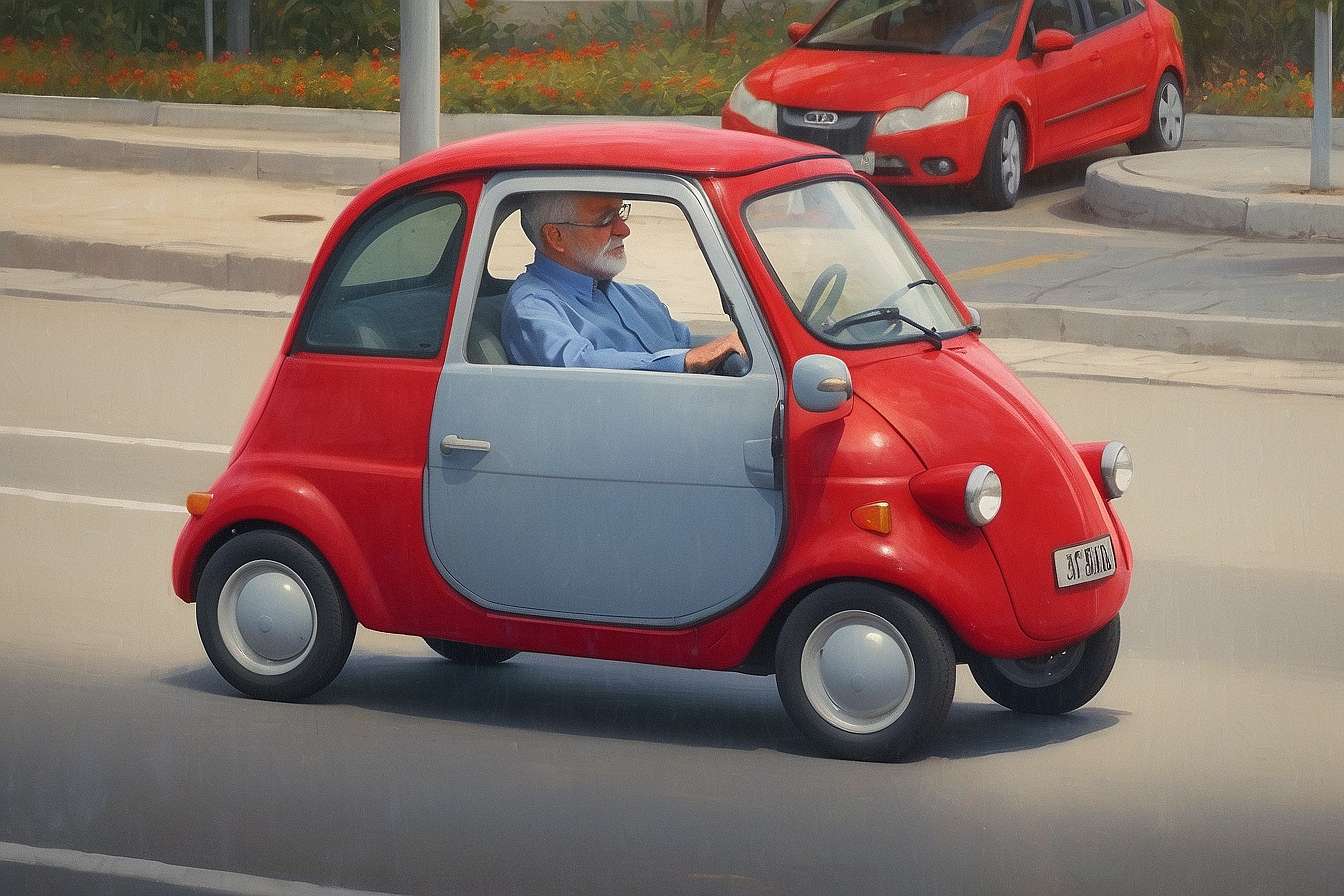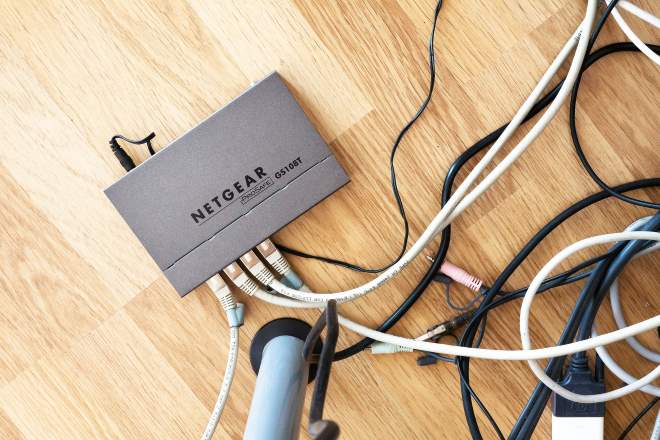Small Cars on Finance — No Full Driving Licence Needed in the UK
For individuals in the UK who haven't obtained a full driving licence, the prospect of owning a car might seem out of reach. However, licence-free vehicles, commonly known as microcars or quadricycles, offer an alternative solution. These compact vehicles can be driven with just a provisional licence or specific lighter vehicle categories, making car ownership accessible to a broader range of people, including seniors, those with mobility challenges, or individuals who haven't passed their standard driving test.

The concept of licence-free or restricted-licence vehicles is relatively unknown to many UK residents, yet it represents a practical solution for individuals who cannot obtain or maintain a full driving licence. Whether due to age, medical conditions, or personal circumstances, these small cars provide independence and convenience. Understanding how these vehicles work, who can use them, and how to finance them is essential for anyone considering this option.
What Are Licence-Free Cars and Who Can Use Them?
Licence-free cars, often referred to as microcars or quadricycles, are lightweight vehicles designed to be driven without a full UK driving licence. In the UK, certain microcars can be driven with a provisional licence or even an AM category licence, which is available from age 16. These vehicles are classified under specific weight and power restrictions, typically not exceeding 350kg unladen weight and limited to a maximum speed of around 28 mph.
These cars are particularly suitable for individuals who have lost their driving licence due to medical reasons, seniors who prefer not to renew their full licence, or young people seeking early independence. However, it is important to note that UK regulations differ from some European countries where licence-free cars are more common. Always verify current DVLA requirements before purchasing or driving such a vehicle.
Benefits of Microcars Without a Full Driving Licence
Microcars offer several advantages beyond the reduced licensing requirements. Their compact size makes them ideal for navigating narrow streets, finding parking in crowded urban areas, and reducing overall travel costs. Fuel efficiency is typically excellent due to their small engines, and insurance premiums are often lower compared to standard vehicles.
For seniors and individuals with limited mobility, microcars provide a sense of autonomy that public transport cannot always match. They allow for door-to-door travel without the physical demands of walking to bus stops or train stations. Additionally, the simplified controls and slower speeds can make driving less stressful for those who feel anxious about operating larger, faster vehicles.
Environmental benefits also play a role, as many modern microcars are electric or hybrid, contributing to reduced emissions and a smaller carbon footprint. This aligns with broader UK sustainability goals and can offer long-term savings on fuel costs.
Financing a Compact Car on Credit
Purchasing a microcar outright may not be feasible for everyone, which is where financing options become essential. Several UK-based lenders and dealerships offer hire purchase agreements, personal contract purchase plans, and personal loans tailored to compact and specialist vehicles. Monthly repayments can make ownership more accessible, spreading the cost over several years.
When considering finance, it is important to compare interest rates, deposit requirements, and total repayment amounts. Some providers specialise in vehicles for individuals with unique needs, including those without a full driving licence. Credit checks are typically required, but options exist for those with varied credit histories.
Be mindful of additional costs such as insurance, maintenance, and road tax, which should be factored into your budget. Always read the terms and conditions carefully, and consider seeking independent financial advice to ensure the agreement suits your circumstances.
Popular Microcars for Seniors and Those Without a Full Licence
Several microcar models are available in the UK market, each offering different features and price points. Popular options include electric models that emphasise ease of use, safety features, and comfort. Some manufacturers focus specifically on vehicles for older drivers or those with disabilities, incorporating features like automatic transmission, easy-entry doors, and enhanced visibility.
While specific model availability can vary, prospective buyers should research current offerings from specialist dealers and manufacturers. Test drives are highly recommended to assess comfort, handling, and suitability for individual needs. Online reviews and forums can provide valuable insights from other users who have experience with these vehicles.
| Vehicle Type | Typical Provider | Cost Estimation |
|---|---|---|
| Electric Microcar | Specialist Dealers | £8,000 - £15,000 |
| Petrol Quadricycle | Independent Importers | £6,000 - £12,000 |
| Mobility Scooter Car | Mobility Equipment Suppliers | £5,000 - £10,000 |
| Used Microcar | Second-Hand Dealers | £3,000 - £8,000 |
Prices, rates, or cost estimates mentioned in this article are based on the latest available information but may change over time. Independent research is advised before making financial decisions.
Considerations for Pensioners in the UK
Pensioners exploring microcar ownership should consider several practical factors. Age-related changes in vision, reaction time, and physical strength can affect driving ability, so an honest self-assessment or consultation with a healthcare professional is advisable. Some microcars are specifically designed with older drivers in mind, featuring larger controls, clearer displays, and enhanced safety systems.
Financial considerations are equally important. Pensioners on fixed incomes should carefully evaluate whether monthly finance payments are sustainable alongside other expenses. Government schemes and grants for mobility aids may be available in certain circumstances, though these typically apply to mobility scooters rather than microcars.
Insurance providers may have specific policies for older drivers or those with medical conditions, so obtaining multiple quotes is recommended. Additionally, pensioners should verify that their chosen vehicle meets all current UK road safety and registration requirements.
Maintenance and servicing should also be factored into long-term planning. Microcars generally require less frequent servicing than standard vehicles, but finding qualified technicians familiar with these specialist vehicles can sometimes be challenging. Establishing a relationship with a reliable local garage or specialist dealer can provide peace of mind.
Ultimately, microcars represent a viable option for UK residents seeking personal mobility without the full licensing requirements of traditional vehicles. By carefully researching models, understanding financing options, and considering individual needs and circumstances, buyers can make informed decisions that enhance their independence and quality of life.




